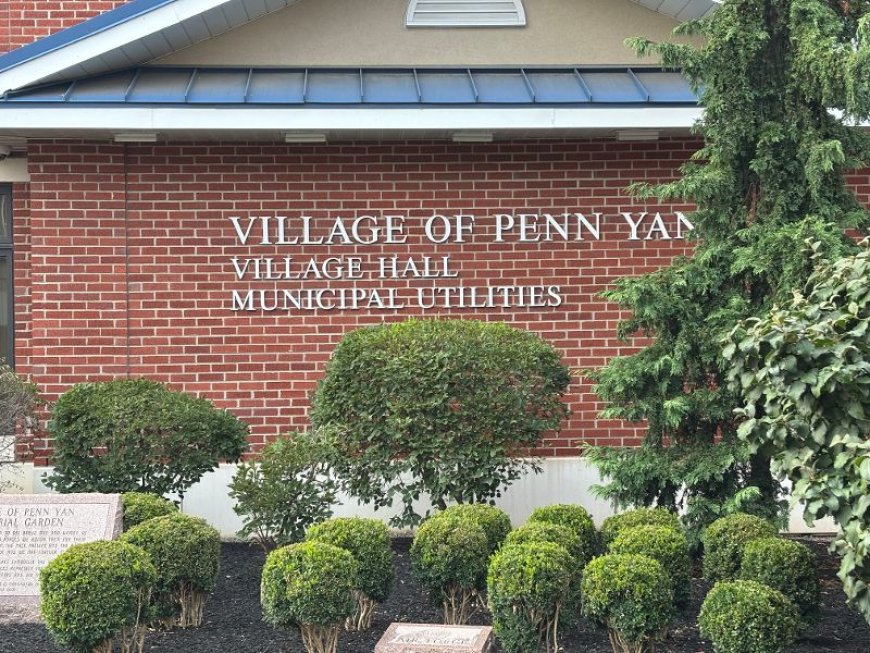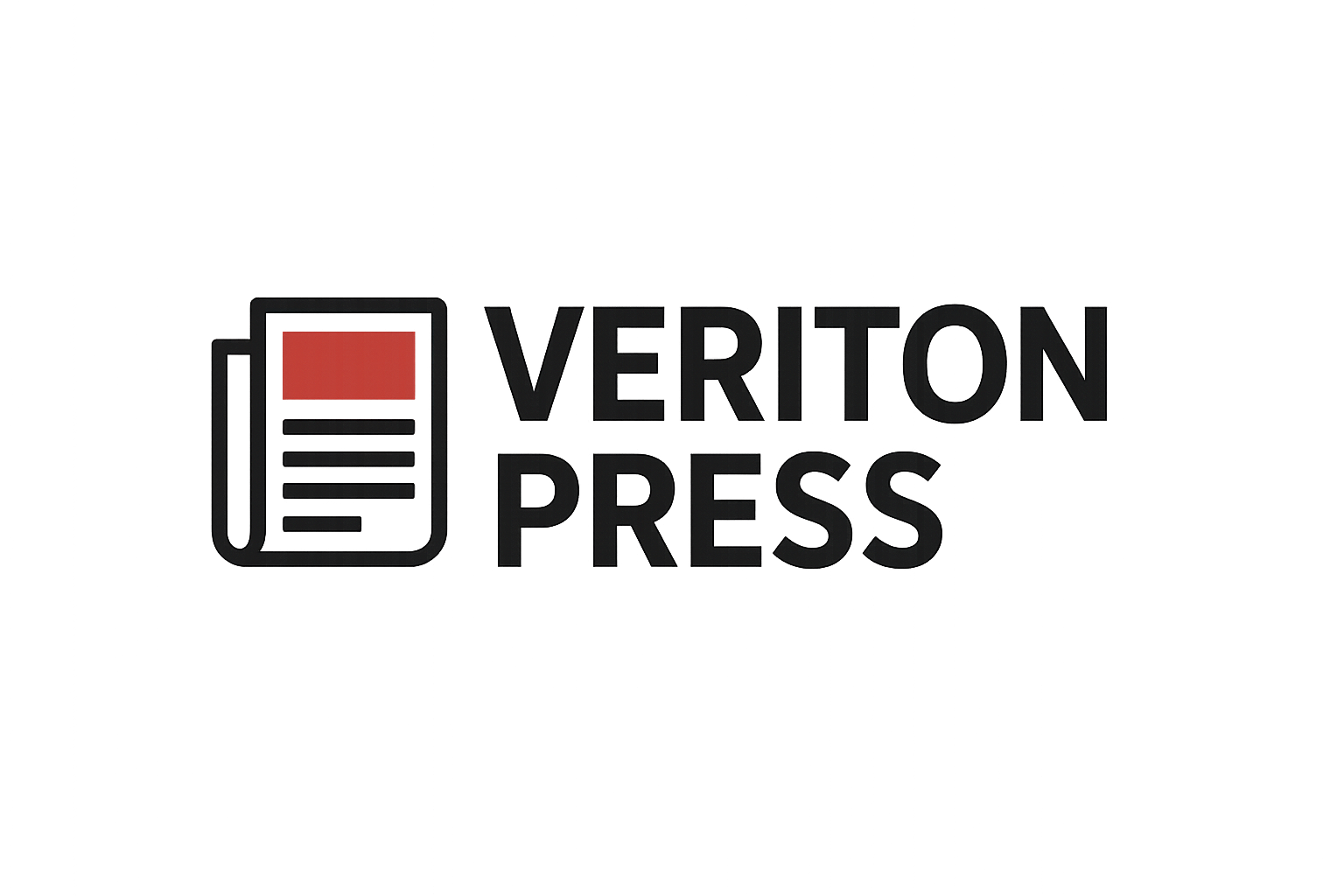State Audit Finds Penn Yan Officials Failed to Control Overtime at Water Treatment Plant

Penn Yan, N.Y. — A newly released state audit has raised red flags over payroll practices at the Village of Penn Yan’s water treatment plant, revealing what auditors describe as serious lapses in oversight that resulted in hundreds of thousands of dollars in overtime costs.
Between June 1, 2021, and November 22, 2024, employees at the plant collected $338,108 in overtime pay, according to the Office of the State Comptroller’s report. That figure accounted for 28 to 32 percent of the total $1.1 million in wages paid during the review period — an unusually high proportion that auditors say signals potential inefficiencies and unnecessary expenses.
One employee, the Chief Water Operator, was responsible for 63 percent of all non-weekend overtime hours, resulting in nearly $89,700 in additional pay on top of his regular salary.
Oversight Failures
The audit found that overtime hours were not being approved or tracked in accordance with the village’s own employee handbook. Under village policy, overtime must be authorized in advance by a supervisor — in this case, the Department of Public Works Director or Deputy Director. Instead, auditors concluded that approvals were either skipped entirely or handled after the fact, leaving no reliable process in place to ensure overtime was justified.
“The failure to properly monitor and authorize overtime creates an environment where excessive or unnecessary costs can accumulate unchecked,” the report stated. “This not only places a burden on ratepayers but also poses long-term fiscal risks tied to retirement benefits.”
Pension Implications
One of the audit’s most significant warnings concerned the link between overtime earnings and future pension costs. In New York, pensions for many public employees are calculated based on their highest years of earnings. Excessive overtime, if included in those calculations, can substantially increase long-term taxpayer obligations.
Auditors cautioned that without reforms, the village may face pension liabilities that extend far beyond the immediate overtime expenditures.
Six Recommendations Issued
To address the problem, auditors issued six recommendations for the village, including:
-
Requiring advance written approval for all overtime hours.
-
Strengthening oversight and monitoring of overtime usage by senior management.
-
Evaluating staffing levels and scheduling to minimize reliance on overtime.
-
Establishing clear reporting and accountability systems for payroll records.
-
Reviewing all pension-related impacts associated with overtime pay.
-
Implementing stronger internal controls across the Department of Public Works.
Village Response
In its formal response, Penn Yan officials agreed with the audit’s findings and pledged to make improvements. The village indicated that some corrective actions are already underway, while others will be implemented in the near future.
Officials acknowledged the need to better control costs at the water treatment plant but stressed that operations had continued without interruption, ensuring that water services for residents and businesses were not affected.
“The village is committed to strengthening its internal oversight procedures and taking the necessary steps to ensure fiscal responsibility,” officials wrote in their reply to the audit.
Broader Concerns for Local Governments
The findings in Penn Yan reflect a broader challenge faced by small municipalities across New York State. Overtime costs for public works and utility operations frequently come under scrutiny during state audits, especially in communities where staffing levels are lean and specialized skills are required to operate critical infrastructure like water treatment facilities.
Past audits in other upstate communities have revealed similar problems, with employees racking up significant overtime due to staffing shortages or weak oversight. State Comptroller Thomas DiNapoli has repeatedly urged municipalities to adopt stronger financial controls and staffing strategies to prevent abuse and reduce unnecessary costs.
Ratepayer Impact
For Penn Yan residents, the report raises questions about whether water and sewer ratepayers may have been footing the bill for overtime that could have been avoided. While no evidence of fraud was cited in the audit, auditors stressed that lack of oversight alone is enough to expose taxpayers to undue expenses.
“The village owes it to the people who pay the bills to ensure every dollar is justified,” one local government watchdog said after reviewing the audit. “This level of overtime should never go unchecked.”
Next Steps
The Village of Penn Yan is required to submit a corrective action plan to the Comptroller’s Office within 90 days, outlining how it intends to address each of the audit’s recommendations. That plan will be made available to the public once submitted.
In the meantime, village leaders will likely face renewed scrutiny from residents who want assurances that taxpayer dollars are being handled responsibly.
The audit concludes: “By implementing stronger oversight and enforcing compliance with established policies, the Village of Penn Yan can reduce unnecessary costs, protect against long-term pension liabilities, and provide greater accountability to the public.”
Files
What's Your Reaction?
 Like
0
Like
0
 Dislike
0
Dislike
0
 Love
0
Love
0
 Funny
0
Funny
0
 Angry
0
Angry
0
 Sad
0
Sad
0
 Wow
0
Wow
0



















